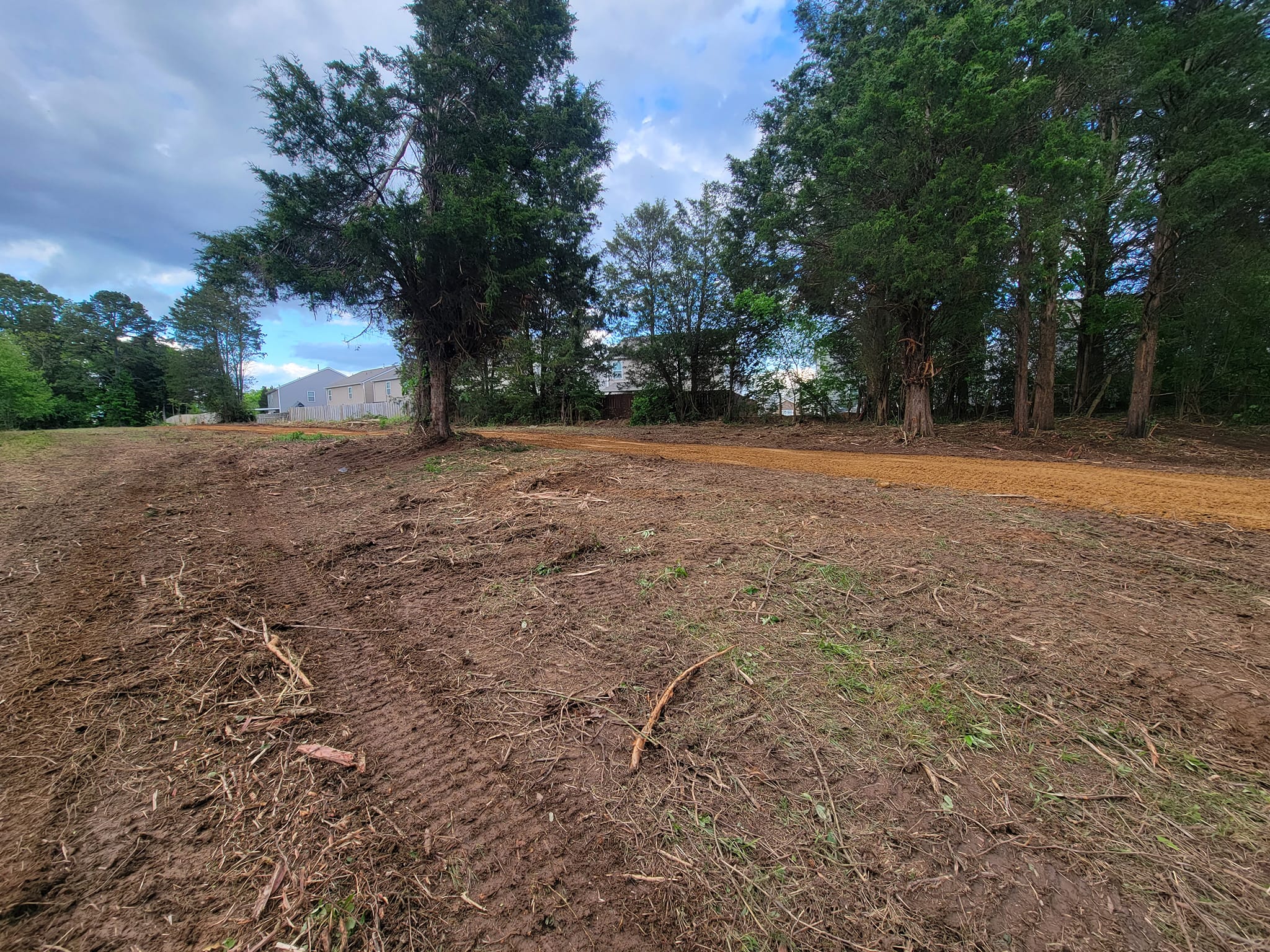
The Environmental Impact of Excavation and How to Minimize It Oct 22, 2025
Excavation impacts the environment in several ways. Firstly, the disruption of soil layers can lead to erosion, particularly if vegetation is removed and not quickly replaced or stabilized. This erosion can result in sediment being washed into nearby waterways, affecting aquatic ecosystems and water quality. Another concern is the potential for air pollution from dust and emissions from heavy machinery. Additionally, noise pollution from excavating equipment can disturb local wildlife and nearby communities.
Fortunately, there are several strategies that excavation companies can employ to lessen these impacts. At Carter’s Grading Services, we prioritize sustainable practices to ensure each project aligns with environmental responsibility. One of the most effective ways to control erosion is through strategic site planning and management. By carefully assessing the site before excavation begins, we can design a plan that protects critical areas of vegetation and minimizes soil exposure.
We also implement erosion control measures such as silt fences, sediment basins, and the swift re-vegetation of disturbed areas. These techniques help prevent sediment from traveling into water systems and maintain the integrity of the soil structure. Our team is trained in employing these methods effectively and adapting them to the specific needs of each site.
Consciousness about air pollution is another aspect where our company excels. Using newer, well-maintained machinery and equipment significantly reduces emissions. By opting for vehicles and machinery that meet modern environmental standards, we help lower the carbon footprint of our projects. Additionally, implementing dust control measures such as water sprays on exposed soil helps maintain air quality and reduce particle dispersal.
Minimizing noise pollution is also a key focus. We schedule noisy operations for times that are less likely to cause disturbances and employ noise-reducing technologies. This not only protects the local environment but also maintains good relations with communities surrounding our project sites.
Further, Carter’s Grading Services emphasizes the importance of biodiversity conservation in our practices. By carefully planning the excavation areas and avoiding unnecessary land clearing, we protect habitats and promote the preservation of local flora and fauna.
Public education and collaboration are essential components of environmentally responsible excavation. We work closely with local communities, environmental experts, and governmental agencies to ensure all stakeholders are informed and involved in the project development process. By fostering open communication, we aim to address any environmental concerns proactively.
In conclusion, while the environmental impact of excavation cannot be entirely eliminated, it can be significantly minimized through thoughtful planning and responsible implementation of best practices. At Carter’s Grading Services, we are dedicated to protecting the environment while delivering top-tier excavation services. By maintaining our commitment to sustainability, we aim to lead by example in our field, ensuring that our work not only meets but exceeds the expectations of our clients and the community at large. Through our efforts, we strive to foster a future where construction and environmental stewardship go hand in hand.
/filters:no_upscale()/media/8b357a1a-035f-40fe-b0ff-58adc03fcc90.jpg)
/filters:no_upscale()/filters:format(webp)/media/06c25902-cf9d-4668-92b0-34a5b1860695.jpg)